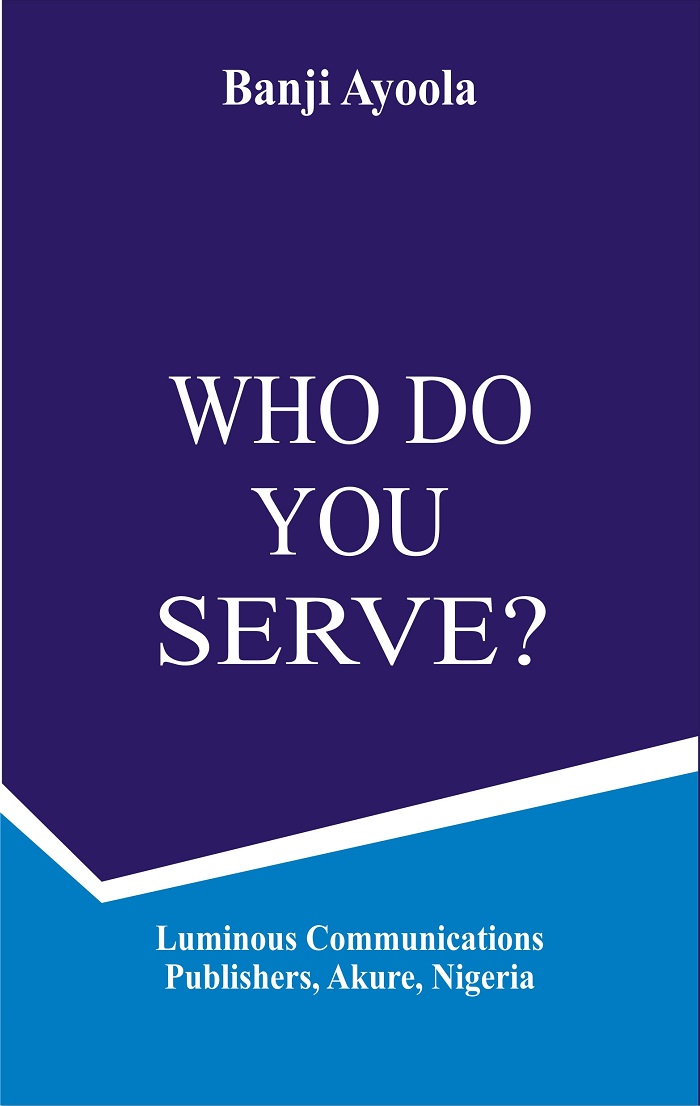By Adepeju Adenuga
The history of print newspapers goes back to the 1840s with the “Iwe-Irohin” as one of the first indigenous news publishers. While my first memory of the newspaper stand is of my grand-uncle during the Olusegun Obasanjo regime arguing at the Ikeja Underbridge about politics, sports and others.
Perhaps, this led me to my brief stint at the most widely read newspaper in Nigeria. For the first time, I saw the efforts and heart poured into the production of one newspaper page, I vowed not to gift the ‘puff puff” vendor any newspaper to sell her products.
I remember while working as a journalist, I was asked by a public relations professional for the screenshots of the pages of the newspaper. I laughed as I told her that she would have to buy the e-paper to get that.
Today, as I travel through Yaba to Anthony in search of newspaper vendors, on an Okada (yes, I know we have banned that thing twice in Lagos), I realized that print newspapers are fast becoming extinct in Nigeria.
While speaking to a vendor in Palmgroove, he noted that many people now prefer to read their news online. Identified simply as the vendor he stated, “These newspaper houses, they have cut down their distributions. It is too expensive to be printed out when nobody wants to read it.”
On her part, Aunt Ogechi compared newspapers to gold, a rare and valuable mineral. She said, “Na how this thing is sometimes, e go stress you to find.”
I reluctantly ruminated on this, I and Aruna, the Okada rider went through Yaba environs to Anthony searching for one of the top dailies. I thought of what could be done to help with the distribution and circulation of newspapers. One of the national papers still produces 77,500 copies in a day, but that does not matter if it cannot get to the hands of the vendors or much less the readers.
It is hard to imagine that children of the younger generations would not grow up with the smell of newspapers if it is to go extinct.
Here are four things we could try out:
Hire a newspaper vendor: It is surprising that in an age where we have apps that connect organisations to end-users, the media has not tapped in on this. Technology companies can create apps that connect readers to local vendors near them. One can also order a soft copy of the newspaper online.
Connect to end-users: Like I was asked today on the streets of Lagos, who still read newspapers today? It would surprise you that a good number of people do. At various newsstands, I stopped today, I got good commentary on today’s political and economic landscape.
The newspaper industry has forgotten these aspects of people. Nothing hurts in giving vendors and end-users branded shirts, umbrellas or aprons.
Chance to purchase backdated copies: History is stored in the pages of a newspaper. We must consider ways people can get information by buying a previously published copy of the newspaper at reduced rates.
Government subsidization: In a system where things work, this should be a non-issue. While I know that media houses are privately owned entities, however, press support should be made available to newspapers. The support can either be direct, in terms of money to the newspaper or indirect, such as lowered or eliminated sales tax.
Somewhere in my heart, I wonder how The Times in the United Kingdom, The Sowetan in South Africa still survives. All I know is that we should thrive to not throw away the bath water and the baby in an attempt to move to digitalization, let us not abandon the ecosystem the print media has provided for.
In Nigeria, newspapers are sold for N200 to N250, and almost no one is interested in buying them. When compared to the Financial Times in the UK which is sold for almost 5 Pounds and Metro and Evening Standard which are relatively free we wonder where we all got it wrong.
- Adepeju Adenuga(B.A./M.A. English Literature, UNILAG) is a young writer interested in sharing her experiences.







